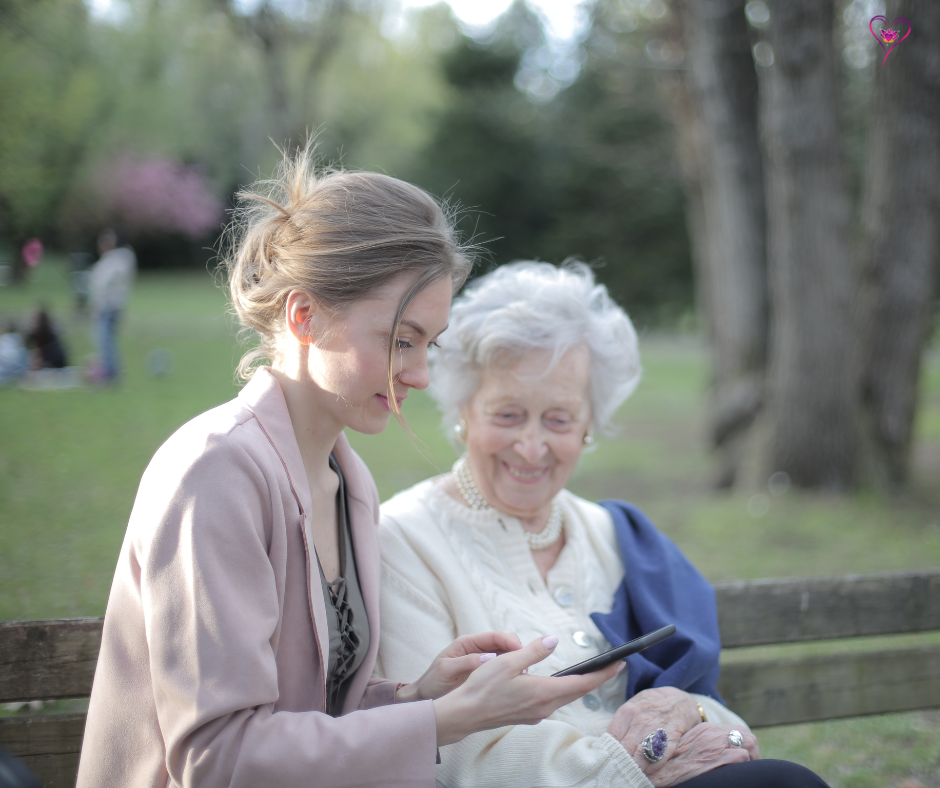6 Steps to Navigate a New Caregiver Role
6 Steps to Navigate a New Caregiver role was newly published to help Manage Alzheimer’s Disease and Dementia provide a comprehensive guide for families navigating this caregiver role: Caring for a loved one with Alzheimer’s often comes with unexpected challenges. Boston University experts neurologist Andrew Budson, MD, and neuropsychologist Maureen O’Conner, PsyD understand that and published “Six Steps to Managing Alzheimer’s Disease and Dementia
STEP 1: UNDERSTAND DEMENTIA
Caring for a loved one with Alzheimer’s often comes with unexpected challenges. Boston University experts neurologist Andrew Budson, MD, and neuropsychologist Maureen O’Conner, PsyD, in their newly published book Six Steps to Navigate a New Caregiver Role.
Dementia has stages and can be caused by different disorders. Talk to your primary care provider about your loved one’s behavioral changes. They may refer you to a neuropsychologist or neurologist for testing. Alzheimer’s is the most common cause of dementia. Family history increases chances of disease development, but you can reduce your risk by following a healthy diet, exercising regularly, and staying social.
STEP 2: MANAGE PROBLEMS
Most severe stages of dementias look alike, but each person has a different experience. Maintain routines and use visual cues to cope with memory changes and increased nonverbal communication. When caring for a loved one, take your time and follow the 4Rs: reassure, reconsider, redirect, and relax. Observe changes in behavior, emotions, communication, and bodily functions. Keep a log for you and your care team to reference over time. Talk to your health care provider about sleep difficulties or symptoms of anxiety and depression as these can be treated with medication.
STEP 3: ASK ABOUT MEDICATIONS
Make a list of all medications and take note of possible side effects. Dosages need to be reviewed or adjusted by your health care provider. Certain medications may cause memory impairment, drowsiness, and confusion which worsen symptoms of dementia. There are some medications to help enhance cognitive function and reduce problematic behaviors. You should always consult your health care provider before lowering or stopping a medication altogether.
STEP 4: BUILD YOUR CARE TEAM
Many caretakers follow a “whatever it takes” attitude, but this can result in burnout. Ask friends and family for help when you need a break, and enlist professionals depending on the needs of your loved one. Remember to care for your own health, too. Different types of support groups, day programs, and adult day centers can be beneficial. Be sure to ease your loved one into different care options to prevent anxiety and problematic behaviors resulting from the transition. Always share new updates with your care team.
STEP 5: SUSTAIN YOUR RELATIONSHIP
Navigating a New Caregiver Role between you and your loved one will undoubtedly change over the course of their dementia; however, it’s important to maintain one outside of your caregiver role. Pursue new activities that you’ll both enjoy, such as listening to music or engaging in arts and crafts together. Physical touch becomes increasingly important as communication declines, and it’s known to reduce anxiety. Learn and follow nonverbal cues to offer comfort through touch.
STEP 6: PLAN FOR THE FUTURE
End-of-life care and death are sensitive subjects, but essential to plan for. Ideally your loved one can be involved early on to ease your decisions as their dementia declines. Be prepared to finalize a living will, health care proxy, financial management, and housing options. Seek advice from your health care provider about the type of care that will be most appropriate at the end of life. Invite conversations about death itself to understand your loved one’s wishes for their care, ceremony, and physical body. In the time after death, move forward even if you simply go through the motions of life at first. Look to support groups or seek therapy to process and understand your grief and rebuild friendships that may have been lost. Remember that no one can manage dementia and grief alone.
If you need help Navigating a New Caregiver Role or looking for a caregiver call Platinum Select Care at 561.998.3211
This article originally appeared in Alzheimer’s TODAY, Volume 17, Number 1, published by the Alzheimer’s Foundation of America. View the entire issue by clicking here..






